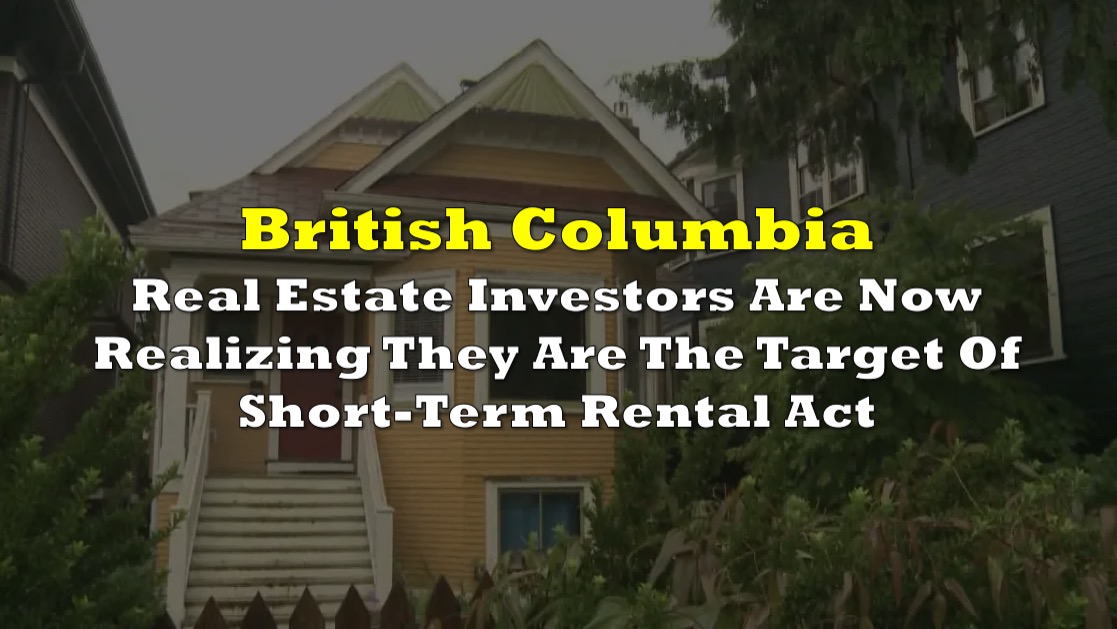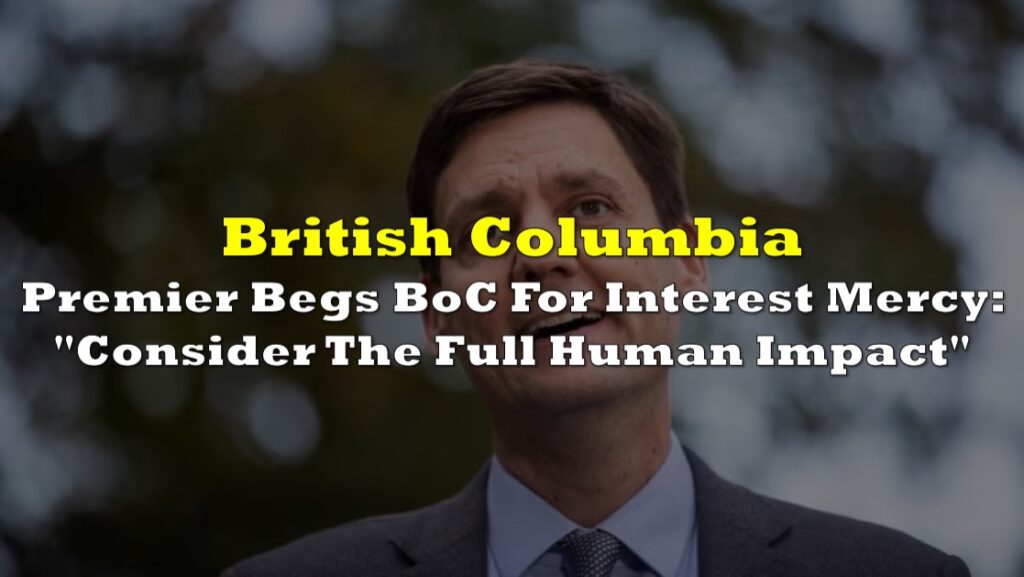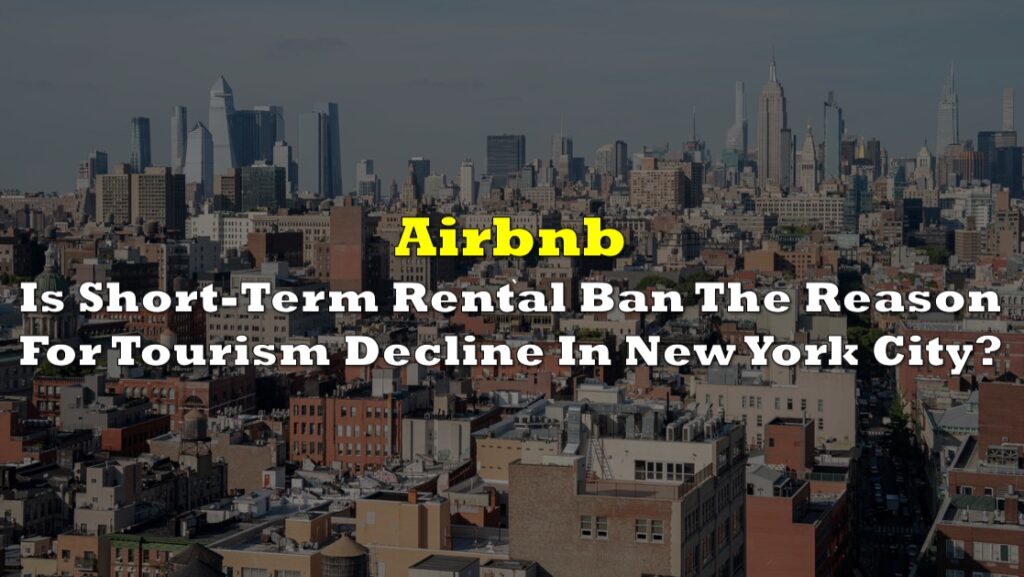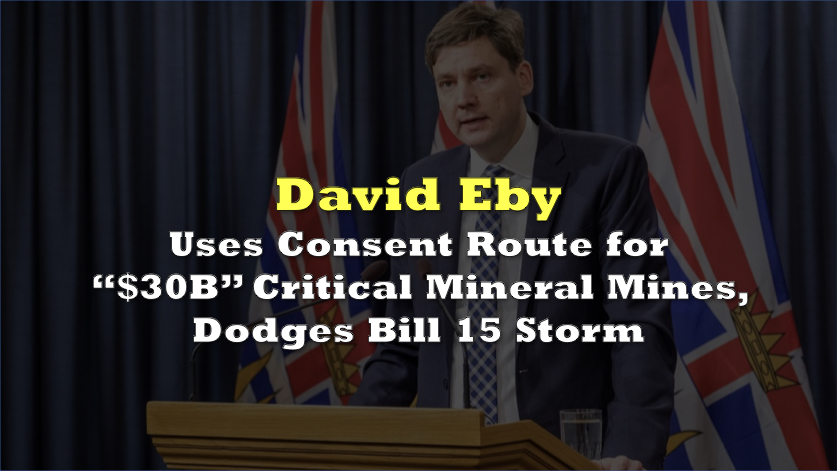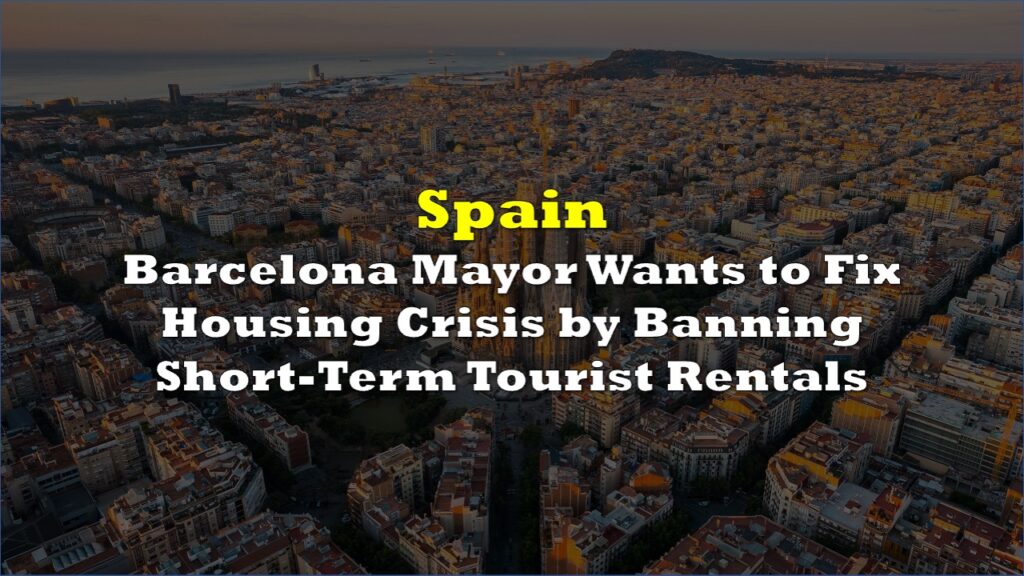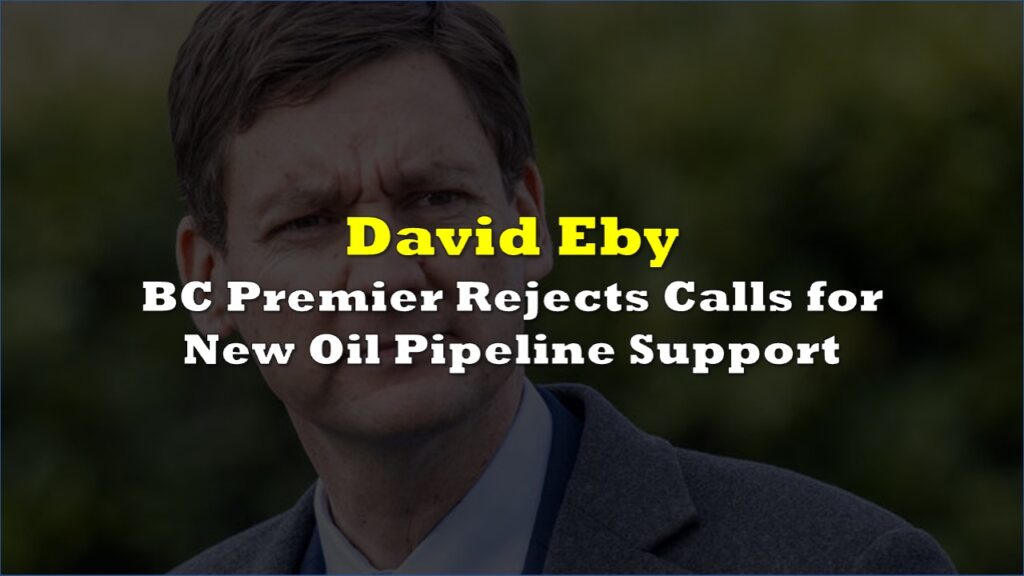The recent legislative move in British Columbia to ban short-term rentals in secondary investment properties has sparked concerns among local businesses and investors, who believe the decision could lead to unforeseen consequences, with potentially limited benefits in terms of affordable housing.
BC Premier David Eby and Housing Minister Ravi Kahlon unveiled the Short-Term Accommodations Act earlier this month. The new legislation regarding short-term rentals is set to implement stricter measures, significantly increasing fines for rule-breaking hosts and introducing new requirements for operators with the goal of bringing more units into the long-term housing market.
Amanda Van Der Lee, the owner of How to Host Property Management & Design in Kelowna, B.C., a company that manages short-term rentals, expressed her apprehension about the new regulations and their potential impact.
Van Der Lee’s business involves the management of about 60 properties for investor-clients, predominantly condos but also single-family houses, employing approximately 15 staff and additional contract workers. She raised several concerns, emphasizing the ripple effects of the legislation. Not only will her business be affected and jobs lost, but her investors will suffer financial losses, she predicted.
In Kelowna, there are currently 15 licensed buildings allowing short-term rentals, all of which were approved by the city or grandfathered in for non-conforming short-term rentals. However, the new rules threaten to remove this allowance. Van Der Lee questioned the fairness of this shift in policy, given that her clients had initially invested under a set of rules that the province now intends to alter.
Van Der Lee shared her perspective on the situation: “We are going to be left with so many units. And people have these terribly high variable rate mortgages where long-term income won’t be able to cover the mortgages on these properties. Owners will be cash flow negative.” She also expressed concerns that the real estate market could be flooded with properties, potentially causing property values to depreciate and investors to walk away with empty pockets.
Jen Higham, the owner of eight houses and duplexes in Prince George listed on Airbnb, also has reservations about transitioning these properties into long-term rentals due to the challenges and responsibilities involved in long-term property management. She expressed her concerns, stating, “They would all be sold.”
Higham estimates that there are around 260 Airbnb listings in the Prince George area, with approximately 200 currently active. She argues that most Airbnb hosts initially purchased these properties as investments, and the short-term stays they offer yield a substantial return on investment. As such, many are unlikely to switch to monthly rental arrangements.
Higham and her husband, Trevor, entered the short-term rental market three years ago, targeting various clientele, including medical professionals, work crews, business executives, families, and sports teams.
Currently, Prince George boasts a 3.5% vacancy rate, and Higham hopes that the city council will recognize the benefits of short-term rentals and choose to opt out.
The recent provincial announcement outlined new rules, permitting rentals on platforms like Airbnb and VRBO only if the property owner resides on-site, such as in a basement suite or laneway home. Resort towns, hotels, and First Nations reserves will be exempt from these requirements, with an enforcement unit, heftier fines, and a registry set to be established by late 2024 for non-exempt areas.
I suppose a purpose-built STR building could be rezoned as commercial, with owners paying commercial taxes, following the health/safety/accessibility requirements of the regulated accommodation sector and … wait a minute, did I just invent a hotel?
— Thorben Wieditz (@twieditz) October 27, 2023
“You should probably be thinking about a new profit scheme”
Ravi Kahlon, B.C.’s housing minister, noted that the crackdown targets operators of multiple investment units, differentiating them from those renting out a primary residence with a suite, and these regulations will take effect on May 1, 2024.
Kahlon emphasized the objective of the new regulations: “Those of you who are renting out dozens of short-term rentals to make a huge profit, while taking away homes for people, you should probably be thinking about a new profit scheme in the very near future.”
The debate surrounding short-term rentals’ impact on housing affordability has been ongoing. A report commissioned by the B.C. hotel industry from McGill University in September stated that short-term rentals’ growth from 2017 to 2019 caused a 19.8% increase in rent. However, Airbnb Canada contested this claim, citing a lack of credible data. According to Airbnb’s own data, 83% of B.C. hosts operate from a single home, with the average host renting for less than 60 nights a year.
Investors who have relied on short-term rental income may face financial difficulties if they are compelled to sell their properties. Short-term rentals often generate significantly higher income than long-term rentals, which may not cover the mortgage payments for these investors.
Van Der Lee emphasized the need for a balanced approach to this issue: “You can’t harm one part of society to help another. You need to find a balance, and there is nothing balanced about this decision. It is so one-sided. Have they actually sat down and done the numbers, on the job losses and the debt people are going to go into on this? This is crazy.”
She also pointed out that luxury short-term rentals would never be as affordable as long-term rentals. Furthermore, a portion of the presale market might depend on the short-term rental market, and with this market potentially being eliminated, owners may choose to walk away from their deposits.
In response to the new regulations, Van Der Lee and others in the industry plan to advocate for an exemption from the principal resident requirement, arguing that their market is largely driven by tourism.
Higham also highlights the importance of her Airbnb properties for families traveling to Prince George for shopping, weddings, and family getaways, noting that they are a more affordable alternative to hotels.
Nathan Rotman, the regional policy director for Airbnb Canada, expressed surprise at the new regulations after discussions with government officials. He found the “one-size-fits-all” legislation to be surprising due to the amount of regulation and the extended definition of “short term.” Rotman also expressed concerns about the impact on hosts who rent out their primary residences and the potential complications arising from the need to obtain both Vancouver and provincial licenses.
Rotman emphasized that reducing the number of Airbnb hosts would not necessarily create more affordable housing and could adversely affect workers in need of temporary accommodation. He noted that the 90-day definition of “short-term rental” in B.C. differs significantly from other jurisdictions, where it is typically set at 30 days.
Rotman is a former chief of staff of Alberta NDP leader Rachel Notley and was a national director for the federal NDP.
Airbnb commissioned its own report to examine its impact on rents in Canada, and the findings suggested no conclusive relationship between Airbnb and overall rents. The Conference Board of Canada conducted the study, which analyzed provinces and 330 neighborhoods in 19 Canadian cities. They could not establish a clear causal link between Airbnb activity and rent increases, despite rents increasing by approximately 44% since Airbnb entered the market in 2016.
The director of economic research at the Conference Board of Canada, Tony Bonen, explained that their findings were unexpected, as many anecdotal examples pointed to a connection between Airbnb and rising rents. Bonen suggested that the broader data indicated an overall lack of housing supply, rather than the sole influence of short-term rentals on affordability.
Inspired by BC’s new legislation, the federal government is also taking action to address a shortage of rental units. Finance Minister Chrystia Freeland announced that the government will be implementing measures in the coming weeks to alleviate this housing issue.
“We know that short-term rentals through sites like Airbnb and Vrbo mean fewer homes for Canadians to rent and live in full time, especially in urban and populated areas of our country. That is why our government is actively examining what options and tools exist at the federal level, to ensure more short-term rentals are made available as long term-rentals, as permanent homes, for Canadians to live in,” said Freeland.
Information for this briefing was found via The Globe And Mail, Prince George Citizen, and the sources mentioned. The author has no securities or affiliations related to this organization. Not a recommendation to buy or sell. Always do additional research and consult a professional before purchasing a security. The author holds no licenses.

